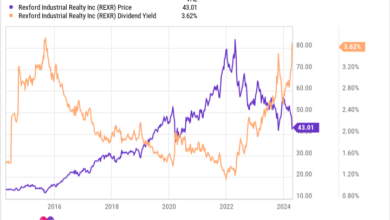Why Andreessen Horowitz is betting $100 million on crypto restaking


Venture capital firm Andreessen Horowitz, aka a16z, has announced that it’s investing $100 million into EigenLayer, a startup that facilitates crypto restaking.
So what actually is restaking? It’s a process that involves repurposing ETH tokens that are deposited, or staked, as a means of securing the main Ethereum blockchain. When a validator stakes tokens, it signifies a commitment to the network’s security.
“They’ve already put up some economic capital and promise in Ethereum that they will not violate the governance of the protocol, otherwise they lose their stake in what it does,” founder Sreeram Kannan, a former University of Washington professor, explained to Fortune. “EigenLayer provides a universal, decentralized, validation marketplace.”
EigenLayer, founded in 2021, provides a mechanism for developers to deploy protocols atop Ethereum’s existing node-operator infrastructure, which offers significantly more flexibility, Kannan adds. “That is why I think Andreessen took a bet on us.”
Ali Yahya, an a16z general partner, wrote in a company blog post, in part: “We’re excited to partner with Sreeram and the whole team on building a platform that unlocks a new dimension of open innovation on top of Ethereum.”
A Silicon Valley stalwart, a16z, which recently raised a $4.5 billion crypto fund, making a splash in the sector could hint at a reversal in what’s been diminishing interesting in Web3-related venture capital outlays. VC funding for crypto had been declining since the start of 2022, although the final quarter of 2023 saw a 2.3% uptick, according to a report by PitchBook, a private market data analysis provider: “After six straight quarters of decline, an uptick in funding, albeit a tiny percentage, could present welcome news for startups in the coming quarters.”
A potential roadblock for EigenLayer could come via Securities and Exchange Commission Chair Gary Gensler, who told crypto firms last March that digital assets using staking protocols could be considered securities under federal law, The Block reported.
The investing public is anticipating a return on these “proof-of-stake tokens,” he said, “and getting 2%, 4%, 18% returns,” Gensler said at the time. “I would just suggest that each of these token operators… seek to come into compliance, and the same with the intermediaries.”
But Kannan said he’s not too concerned with such headwinds—”We are not anywhere in the same zone”—and that his firm is simply removing the need for new protocols to create additional staking tokens altogether, instead leaning on already-existing economic commitments made to Ethereum.
“It helps many more developers participate in the crypto economy, without each of them having to worry about how to create a new decentralized economy around it,” he says.
Source link




